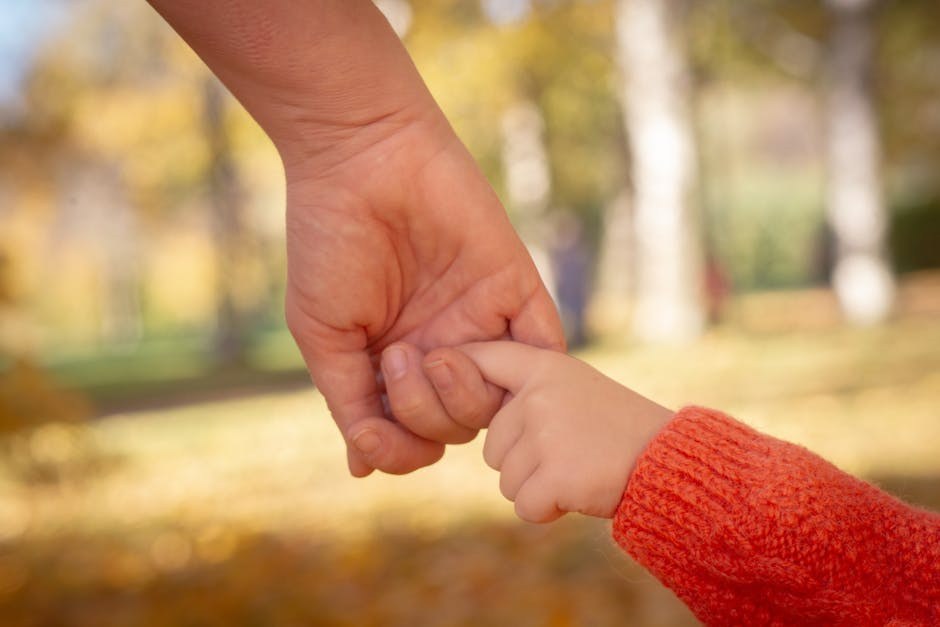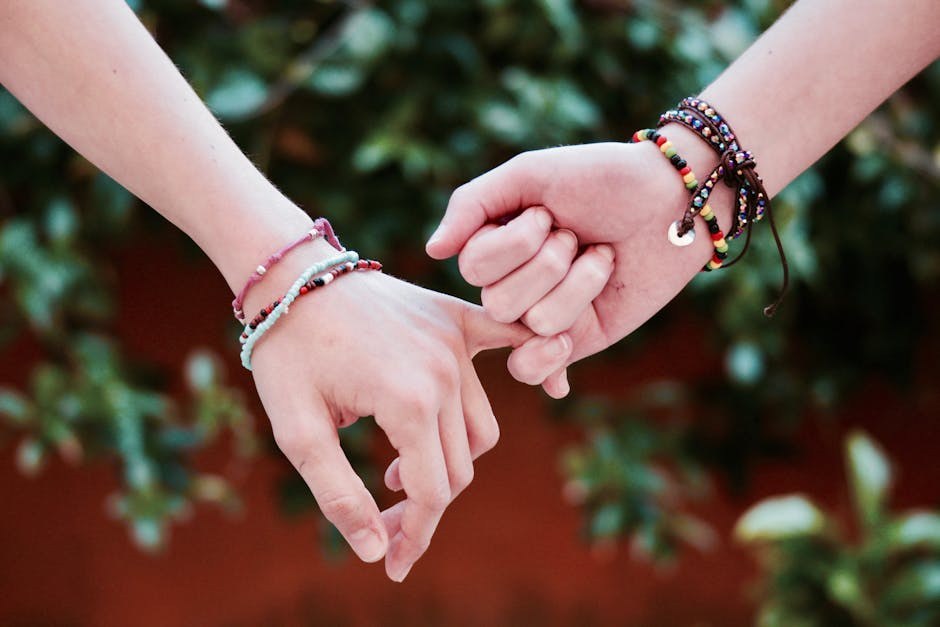Romance promises fireworks and forever, yet anyone who has truly opened their heart knows the other side – the throb that lingers after the spark. We say this time will be different, we swear we’ve learned, and then we dive again. To many of us, love feels like a paradox we can’t stop solving: love pulls us close, love pushes us away, and sometimes love sucks so much that we wonder why we ever tried. Still, here we are – hopeful, bruised, a little wiser, and still reaching for something that hurts and heals in the same breath.
What follows is an honest look at why love stings, why some people feel the sting more sharply, the forces that keep us coming back, and the qualities that make the real thing steadier than the rush. None of this is theory for its own sake – it’s the lived texture of relationships, the patterns we notice in ourselves when the lights are off and the room is quiet.
Why the sweetest feeling can still cut deep
-
We behave in ways we barely recognize. Head-over-heels infatuation loosens our grip on dignity. We overshare, overpromise, and overlook – all because the approval of one person suddenly matters more than our usual self-respect. That’s one reason love sucks: it tempts us to trade clear judgment for reckless gestures, and then we have to live with what we did in the name of romance.

-
Warm light turns into a blindfold. The glow that makes someone look luminous also hides the stains on the wall. We excuse patterns we’d normally flag, reinterpret red flags as quirky charm, and rewrite facts to fit feelings. In that faded boundary between hope and denial, love sucks because optimism becomes a mask that stops us from seeing what is actually there.
-
We invest where the return will never come. Affection poured into a person who cannot hold it – or will not – doesn’t simply evaporate, it pools inside us as frustration. Hours, messages, favors, patience – it all becomes a ledger we can’t balance, and resentment grows where care once lived.
-
Promises arrive before proof. Early on, sincerity is easy; sustainability is the test. Sweet declarations can sketch a future that no one has the skill or stamina to build. When reality refuses to match the preview, love sucks because yesterday’s poetry can’t pay today’s emotional bills.

-
We mistake intensity for intimacy. Butterflies and chemistry are thrilling, but adrenaline is not attachment. When we confuse the rush of desire with the roots of commitment, the crash is inevitable – and love sucks precisely because the fall from fantasy to ordinary life is steep and sudden.
-
Physical closeness muddies emotional clarity. Attraction can be loud enough to drown out compatibility. Touch creates a feeling of closeness that conversation hasn’t earned yet, and we build meaning on moments instead of on mutual understanding. When the heat cools and the gaps show, love sucks because the scaffolding was never strong.
-
Affection offered to us can feel like a burden. Being the object of someone else’s longing is not automatically flattering – especially when we can’t return it. Turning down a tender heart is painful; it can make us feel cruel even when honesty is the kindest path. In that tangled guilt, love sucks for both sides.

-
We treat connection as a scarce commodity. A rival appears and panic spikes. We start to act like love is a limited resource to be hoarded instead of a living exchange. From that scarcity mindset, love sucks because fear, not care, drives our choices.
-
We linger long after the lesson has arrived. Endings don’t always announce themselves; sometimes they whisper for months. We stay because memories are persuasive and change is exhausting. In the quiet drag of a relationship that has already left its prime, love sucks because the exit requires courage we don’t yet have.
-
Hope becomes a trap. Believing the best in someone can tilt into bargaining – if I’m patient, if I explain it better, if I wait one more month. When improvement never follows intention, love sucks because our loyalty keeps us stuck in harm’s way.
-
Loss teaches with a heavy hand. Breakups, drift, and the ache of being left behind cut through our days with a void that routine cannot fill. Even when the ending made sense, the absence stings at odd hours – while cooking, commuting, waking too early – and love sucks because the body remembers what the mind has already decided.
-
We are wired for connection – and need magnifies pain. Wanting to love and be loved is not a flaw; it’s human. But because the need is deep, disappointment hurts at a matching depth. When our core craving isn’t met, love sucks by amplifying every slight into something seismic.
-
Grief ignores the calendar. When a person we adore is gone – through distance, breakup, or death – affection doesn’t obey the event. It lingers. Anniversaries and ordinary Tuesdays alike carry echoes. In that relentless echo, love sucks because it keeps caring even when there is nowhere for the care to go.
-
Judgment goes foggy. Under the spell of affection, our moral compass can wobble. We forgive what we would never tolerate, we rationalize what we would otherwise reject, and then we’re left sorting the mess we made while we were looking the other way.
-
Vulnerability feels like exposure. To love is to hand someone the power to hurt us – and to trust they won’t. That leap is brave and necessary, but it can leave us trembling. When trust is mishandled, love sucks because the very openness that makes closeness possible becomes the channel for pain.
-
Feelings shift – sometimes quietly, sometimes overnight. Affection can be steadfast, but it can also be weather. People grow, seasons change, and what once felt essential starts to feel ill-fitting. That impermanence is one more reason love sucks: we can do our best and still lose what we hoped would last.
Why some hearts bruise more easily
If everyone struggles with romance now and then, why do certain people walk away more battered? Patterns of self-regard, sensitivity, attachment, and boundaries play a part. For those who whisper to themselves that love sucks every time they get close, understanding these patterns can soften the cycle.
-
Shaky self-worth makes external approval feel like oxygen. When we don’t anchor our value inside, we chase it outside. Every unanswered text becomes a referendum on our worth. In that fragile calculus, love sucks because the relationship holds too much responsibility for our identity.
-
High sensitivity turns small tremors into quakes. Some people feel more – sounds are louder, glances sharper, words heavier. With that fine-tuned nervous system, misunderstandings sting disproportionately, and ordinary conflict feels catastrophic.
-
Attachment styles tilt the playing field. Anxious patterns push for closeness at any cost; avoidant patterns run from the very warmth they crave. When these patterns pair up, pursuit and retreat loop endlessly. The dance is exhausting for both, and it’s easy to decide that love sucks when the choreography never changes.
-
Over-giving masquerades as virtue. Generosity is beautiful until it erases you. When giving becomes a strategy to secure affection, you cross your own limits and call it devotion. The imbalance invites disappointment – and quiet resentment.
-
Deep empathy absorbs other people’s weather. To feel what your partner feels is a gift, but without filters, you’ll carry storms that aren’t yours. Taking on every mood as a mission to fix leaves you depleted, not connected.
-
Muddy boundaries teach others how to ignore us. Limits are love’s guardrails. Without them, disrespect sneaks in – slowly at first, then obviously. When we don’t mark where our yes ends and our no begins, we invite patterns that confirm our darkest suspicion: that love sucks and we’re destined to be used.
-
Uneven devotion feels like starvation. Unbalanced affection – one person all-in, the other half-there – breeds pleading, analyzing, and constant tests. The hungrier partner will do acrobatics to earn scraps, while the other tires of being auditioned. Both leave emptier.
-
Confusion about what love truly is. If we equate love with drama, jealousy, or rescue missions, we’ll mistake chaos for passion. Real care is steady, not cinematic; it steadies your nervous system instead of spiking it. Learning that difference changes everything.
Why we still lean toward each other
For all the proof that love can bruise, we still reach for it. That’s not foolishness – it’s human. Even after seasons when love sucks so loudly it drowns out the music, something in us stays open. Here’s why the pull endures.
-
Knowing and being known. To let someone see the full map – the detours, the landmarks, the dead ends – is to experience intimacy that friendship alone rarely touches. Being recognized in fine detail eases a loneliness we didn’t realize we were carrying.
-
Safety that steadies the day. A reliable partner doesn’t erase stress, but they soften the edges. Shared routines, inside jokes, and the unglamorous rituals of daily life create a shelter that makes the rest of the world easier to face.
-
Love refines us. Real connection is a mirror that shows what’s admirable and what needs work. We become gentler, braver, more patient – not because we’re scolded into it, but because we want to be the kind of person our partner can count on.
-
Renewal after ruin. Just when we swear we’re done, affection returns in an unexpected shape – a chance meeting, a quiet conversation, the realization that we laugh easily again. Hope isn’t naïve; it’s our proof that healing happens.
-
Room to be our whole selves. In sturdy relationships, we don’t have to split into versions. The loud parts and the quiet parts can share one life. That acceptance is worth every awkward first date we endured to find it.
What the real thing looks like
If the volatile, high-drama ride convinces us that love sucks, it helps to name the opposite – the qualities that mark a healthy bond. None of these are flashy; all of them are solid.
-
Empathy with depth. Care listens to the feeling underneath the words. It doesn’t compete – my pain versus yours – but links arms and looks for relief together. When your person hurts, you move closer without making the moment about you.
-
Trust instead of jealousy. Jealousy imagines ownership; trust honors choice. In sturdy love, both people choose each other freely, not fearfully. Boundaries and communication replace surveillance and suspicion.
-
Attentiveness to needs – yours and mine. Healthy partners put each other’s needs on the table and look for arrangements that respect both. It’s not sainthood; it’s reciprocity. When trade-offs are required, you decide together instead of keeping secret score.
-
Action over slogans. Feelings start the fire; habits keep it warm. Small, repeated gestures – the check-in text, the apology offered without prompting, the chores handled without fanfare – build a climate of care more reliable than any declaration.
-
Acceptance of differences. You won’t match on every preference. Maybe one needs quiet and the other charges into crowds; one plans months ahead, the other wings it. Real love adjusts without trying to convert the other person into a duplicate.
-
Ongoing effort. Relationships are living systems – they grow when fed, they wilt when neglected. Date nights, difficult conversations, shared projects, rest – the maintenance is the romance.
-
Unconditional regard with firm lines. You can love someone completely and still refuse harm. Unconditional doesn’t mean boundaryless – it means your care isn’t contingent on perfection, but your participation is contingent on respect.
A different kind of ending
The invitation is not to pretend the ache isn’t real. Sometimes love sucks – because we are vulnerable creatures learning as we go, because loss visits us uninvited, because two imperfect people can’t meet every need every day. But the same vulnerability that exposes us to hurt also opens us to wonder. When we know the pitfalls and still choose openness, we stop chasing fireworks and start building warmth. And that warmth – steady, ordinary, alive – is why many of us keep saying yes.